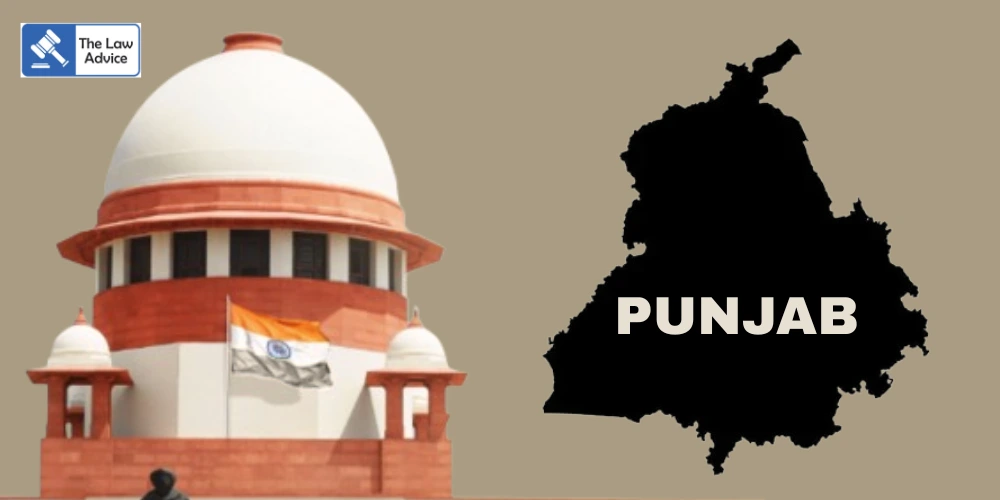New Delhi | July 29, 2025
The Supreme Court on Monday issued notice to the Union of India in response to a plea filed by the Punjab Government challenging the Governor’s decision to reserve multiple re-passed state bills for the President’s consideration. The issue strikes at the heart of Centre-State relations and questions the constitutional discretion of Governors under Article 200.
Background: Punjab’s Objection
The Punjab Government, led by Chief Minister Bhagwant Mann, approached the apex court after Governor Banwarilal Purohit withheld assent to seven key legislative bills, and instead reserved them for the President, even though the bills had already been re-passed by the Punjab Legislative Assembly.
The State contended that the Governor’s action was in violation of the Constitution, particularly since the Supreme Court had already settled the law regarding gubernatorial powers in such instances.
Bench Composition
A five-judge Constitution Bench headed by Chief Justice of India B.R. Gavai, and comprising Justices Surya Kant, Vikram Nath, P.S. Narasimha, and A.S. Chandurkar, took up the matter and issued formal notice to the Centre to clarify:
• Whether a Governor can reserve re-passed bills for presidential assent.
• Whether such reservation violates the binding precedent laid down in 2023.
• What role the Union government plays in monitoring or advising Governors on such constitutional matters.
The 2023 Precedent
In State of Punjab v. Principal Secretary to the Governor of Punjab (2023), the Supreme Court led by CJI D.Y. Chandrachud had ruled:
“Once a bill is re-enacted by the legislature after being returned by the Governor, there is no room for discretion assent must follow.”
The court had also emphasized that governors cannot indefinitely delay their decision and must act expeditiously to maintain the spirit of legislative supremacy in a parliamentary democracy.
Legal Issues Framed
• Can Article 200 be interpreted to allow a Governor to reserve re-passed bills for Presidential consideration?
• What timelines apply for assent or reservation, and can judicial review apply to governor inaction?
• Is there any constitutional safeguard against what Punjab calls “deliberate legislative obstruction”?
Case Title: State of Punjab v. Governor of Punjab & Others
